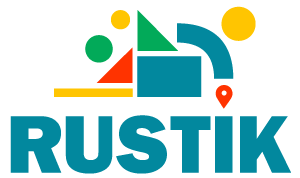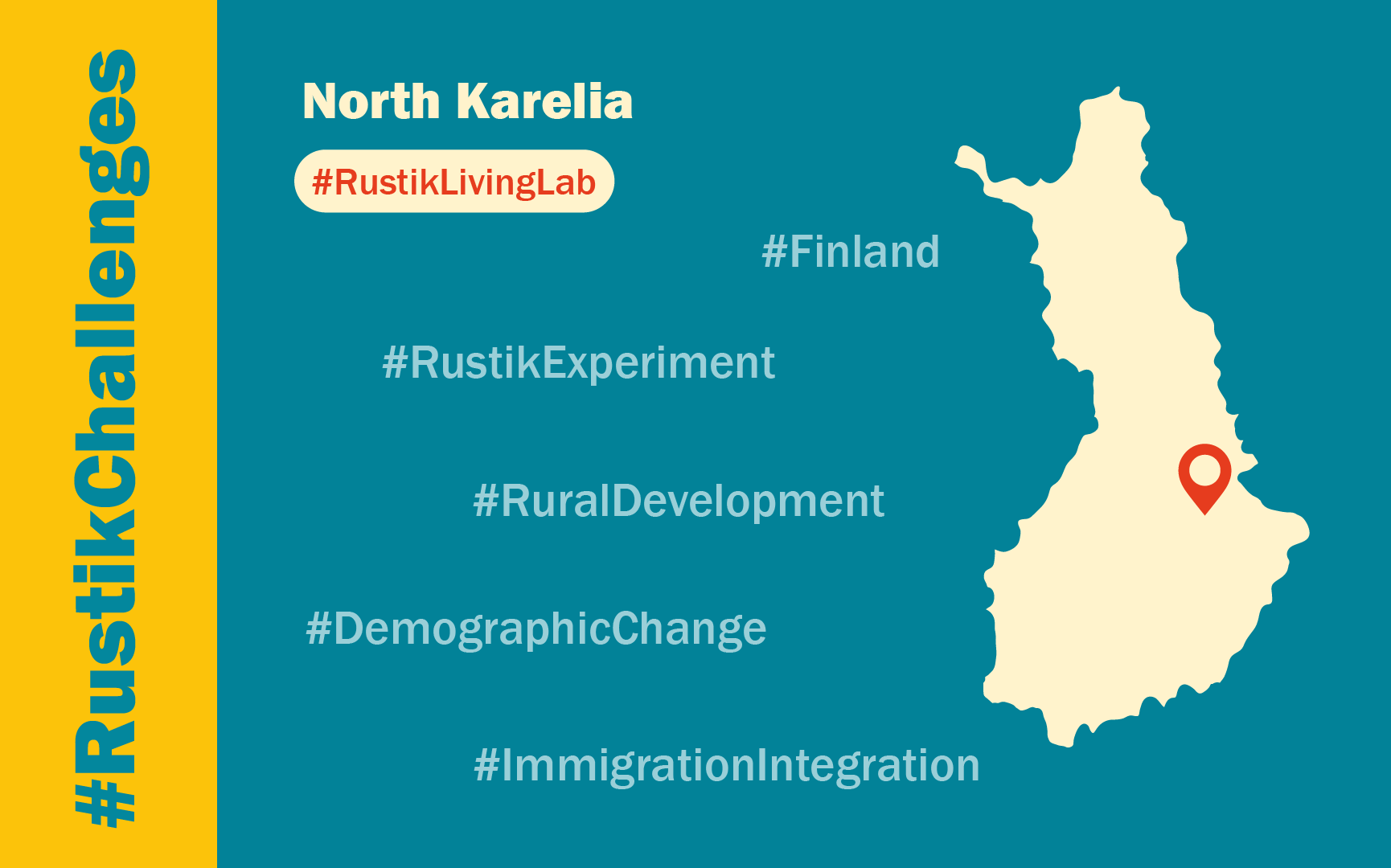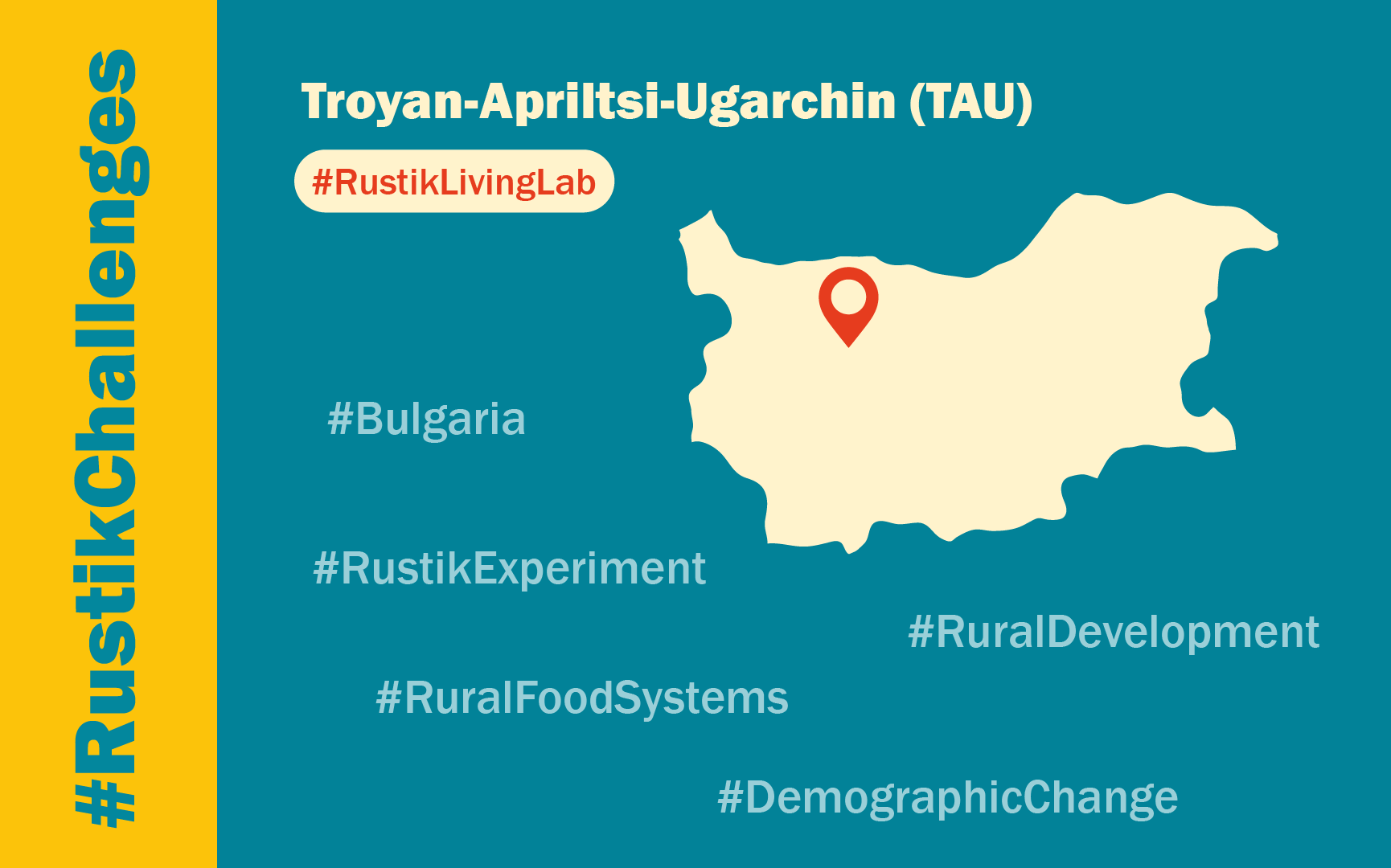Nestled in the eastern reaches of Finland, North Karelia emerges as a unique region, standing as the easternmost within the continental EU. Approximately 450 km away from the bustling capital, Helsinki, this expanse boasts a population of 162,540 individuals, with a sparse density of 7.1 inhabitants per km². The distinctive character of North Karelia is underscored by the fact that about 50% of its population resides in rural areas, contributing to its predominantly rural ambiance.
Transition Focus: Socio-economic and Demographic Dynamics
In the spotlight of North Karelia is the imminent socio-economic and demographic transition. This shift gains significance due to the region’s dwindling and aging population, presenting a formidable challenge. In response, the North Karelian Living Lab takes center stage, aligning its efforts to craft innovative strategies, plans, and policies that address the pressing need for managing demographic changes.
Key Challenges and Their Ramifications
The identified challenges in North Karelia are manifold. A declining and aging population, coupled with the shortage of skilled labor, long-term unemployment, immigrant retention, and regional accessibility, paints a complex picture. The concentration of the population in the regional center, Joensuu, poses a threat to essential services like healthcare, transportation, and infrastructure in rural areas. The aging demographic impacts the availability of skilled labor, leading to lower tax revenues and potential strains on public services.
The COVID-19 pandemic has fueled the trend of multilocal working in Finland, making North Karelia an attractive destination for those seeking a blend of remote work and rural living. However, setbacks in regional accessibility, such as reduced regional flights and the closure of the Saimaa Canal Sea connection, pose challenges.
Living Lab Challenge: Immigrant Retention
Against this backdrop, the North Karelian Living Lab identifies immigrant retention as its focal challenge. Recognizing the role of immigration in mitigating population decline, the region aims to enhance strategies that promote settlement and integration, ensuring that immigrants become long-term contributors to the region’s growth.
Research Questions and Rationale
Rationale:
The Regional Council of North Karelia (RCNK), representing 13 municipalities, holds a pivotal role in immigrants’ integration promotion. With Finland undergoing a comprehensive reform of the Integration Act, set to take effect in 2025, the municipalities’ responsibility for integration promotion is heightened. The RUSTIK project aligns with this reform, providing crucial data to support efficient integration services and improve immigrants’ settlement in North Karelia.
Research Questions:
- What is the current status of immigration and integration promotion in the North Karelian municipalities?
- How can the introduction of new forms of data into the policy process support targeted integration promotion in the municipalities?
Emerging Data Needs
In the upcoming phase of the North Karelian Living Lab, generating comprehensive, up-to-date data takes center stage. Three key areas of focus include:
-
Status of Immigration and Integration:
- Population trends
- Jobs by sector
- Immigrant backgrounds
-
Integration aspects (work, housing, participation, health, and well-being):
- Integration Promotion Programs:
- Analysis of current programs
- Benchmarking with international models
-
Goal setting and monitoring methods:
- Immigrant Experiences:
- Maptionnaire survey on well-being and challenges
- Narratives on integration and settlement
Data Availability and Limitations
While national quantitative data sources, including Statistics Finland, will be instrumental, a desk study on integration programs and interviews with municipal representatives will complement the research. Challenges may arise in collecting experiential data from immigrants due to language barriers and the need to establish trust. The Maptionnaire survey will be a valuable tool, distributed through stakeholders, including educational institutions, civil society organizations, and employers.
Capacities
The Living Lab partners, equipped with expertise in data analysis, have strong relations with municipalities. While accessing statistical data poses minimal challenges, additional support may be required for setting up the Maptionnaire survey and ensuring its accessibility across various languages spoken by immigrants.
As North Karelia gears up to navigate these transitions, the RUSTIK project emerges as a beacon, shedding light on the intricate dynamics shaping the region’s future. Stay tuned as we embark on this transformative journey!


